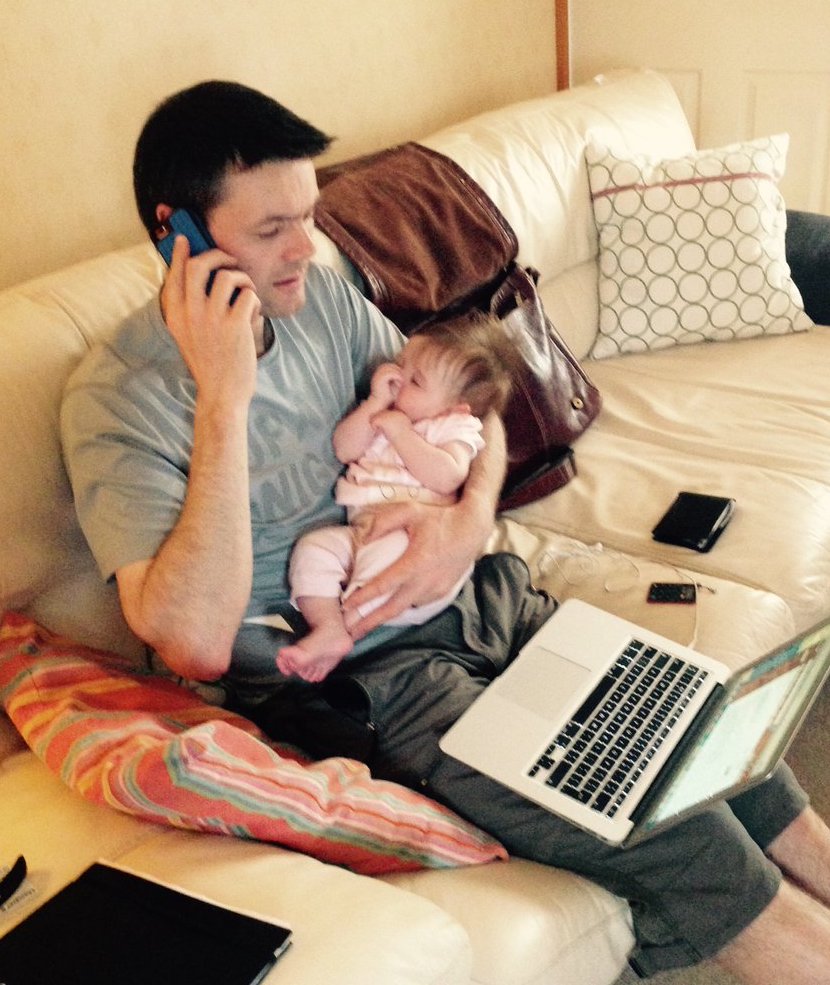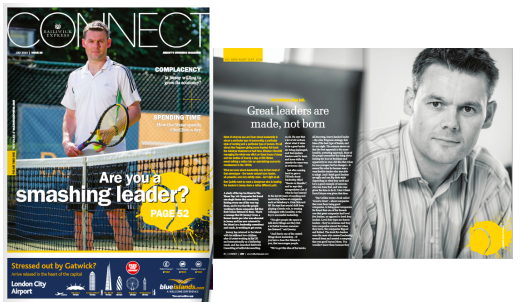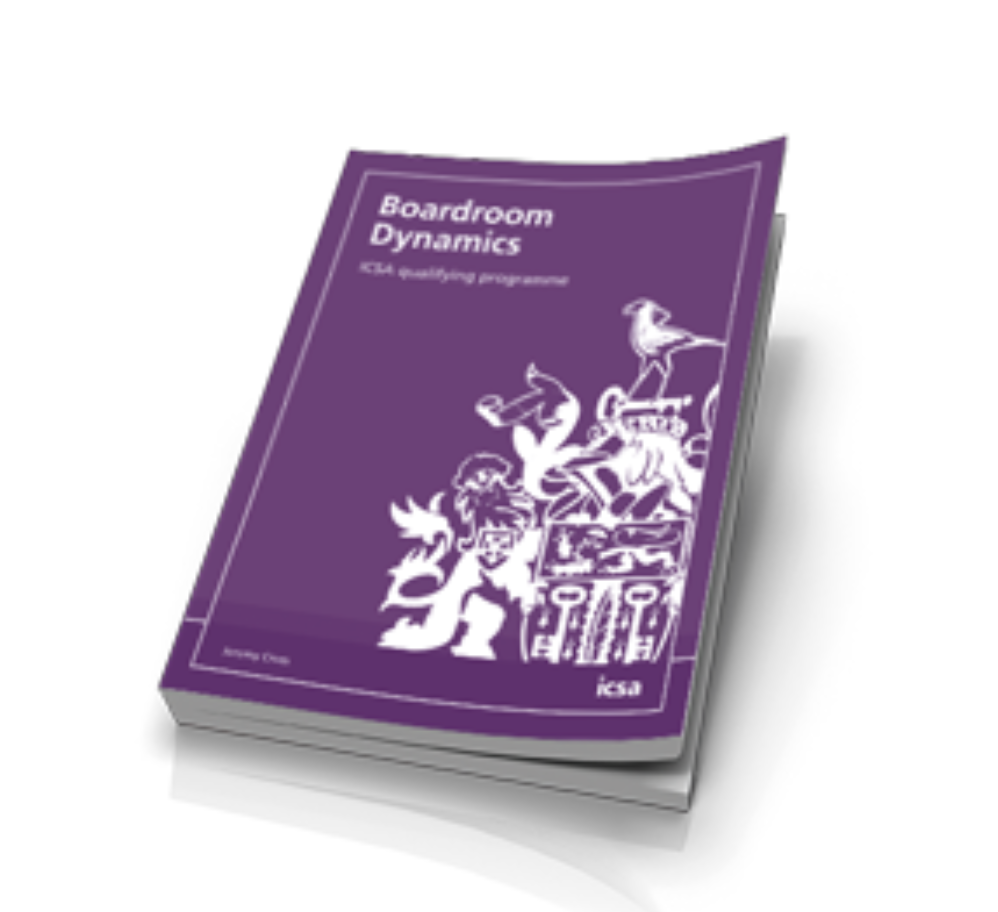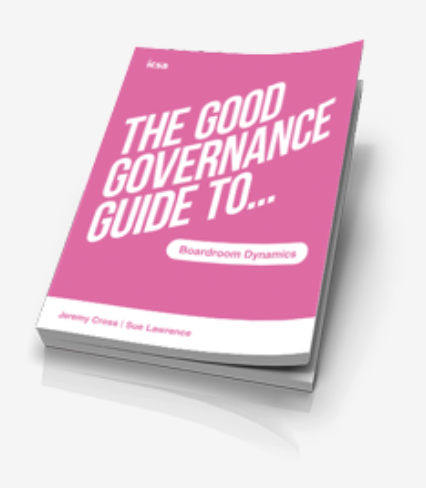
Hi, I’m Jeremy.
Or Dr Cross if I’m trying to impress you.
I’m a Chartered Psychologist, author, TED-talk speaker and leadership consultant, specialising in boardroom dynamics.
But also, like you, I’m busy.
With three kids, life is a balancing act for my wife and I .
This means I’m passionate about efficient performance and learning on the move.

A background in high performance
My love for studying why we do what we do was kindled as a tennis playing teenager. I was totally fascinated by mine and my opponent’s ‘Inner Game’.
Even though I wasn’t always the best technically or physically, I was always known for being composed and mentally strong. This became a useful skill in training and competition – I went on to compete at the Wimbledon pre-qualifiers, captain England at university, win a record number of medals for my native Jersey at the Island Games and I’m currently in the Great Britain team at over 45s.

After completing a doctorate and qualifying as a Chartered Psychologist, I worked with Great British and Commonwealth sport teams helping them on their mental skills and team dynamics.
Transferring skills from sport to business
In 2004, I then transferred these skills to coaching executive leaders and senior teams in the world of work (including LEGO, Nike, Sainsbury’s, the London Metropolitan Police and the National Health Service to namedrop a few).
You can get a taste of my philosophy on leadership and consulting at the time from my TEDx Talk and book contribution.

From executives to non-executives
However, until the global financial crisis of 2008, and because I was mainly working with executives leaders, I hadn’t fully considered just how important the governance of the non-executive board could be in the success, or often more publicly, the failure of organisations.
Noticing a frustration with tick-box compliance, in 2010 I did some research on the state of board evaluation as part of an Executive MBA at Henley Business School. My key finding?
“Although board compliance is necessary, it is actually how well the board works as a team – their ‘boardroom dynamics’ – that best predicts the quality of their decision-making and of their organisations overall performance”.
With my psychology hat on, this aspect of helping boards was definitely something I could get stuck into. So, over the last 10 years, I have increasing specialised in working with boards and those who support them.

In 2018 I was asked to design the syllabus and write the official textbook for Chartered Governance Institute’s new Boardroom Dynamics course.
My mum was very proud.
The book was bought, not just by students who had to, but also by professionals who didn’t.
So inApril 2021, we released another book targeted at the wider governance market called The Good Governance Guide to Boardroom Dynamics.
We got some lovely reviews:
“An essential resource if you are forming a board or just want to ensure an existing board is fit for purpose” (Yorkshire Times, 2021)

And now…
My main focus now is on getting the message out to those working on or with boards, be that non-executive or executive directors, governance students or professionals, board coaches or evaluators.
And that message is that to be better, you not only have to focus on board structures but also boardroom behaviours.
You not only have to focus on IQ but also EQ (emotional intelligence).
And you not only have to focus on boardroom compliance but also, most importantly, on boardroom dynamics.